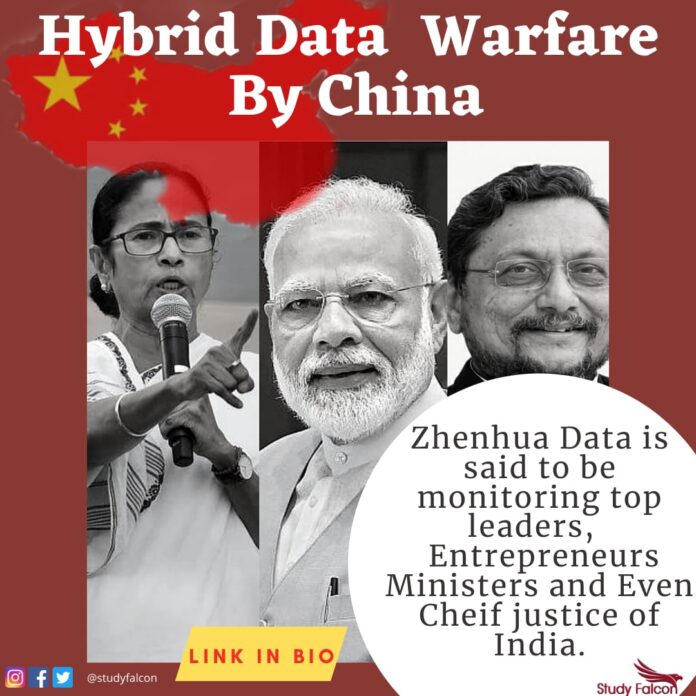The Chinese company Zhenhua Data Information Technology Co. Limited is monitoring over 10,000 Indian individuals and organisations in its global database of foreign targets.
Zhenhua monitors the digital footprint of its targets using Artificial Intelligence tools across social media platforms, maintains an information library, which includes content not just from news sources, forums, but also from papers, patents, bidding documents, even positions of recruitment. The database of the company called Overseas Key Information Database (OKIDB) has entries from the USA, UK, Japan, Australia, Canada, Germany and the UAE as well.
The list includes Chief Justice of India S A Bobde, Justice A M Khanwilkar of the Supreme Court, Justice Sandeep Mehta of the Rajasthan High Court, and Justice Sunita Agarwal of the Allahabad High Court.
The prominent faces being tracked in OKIDB include T K Kurien, the Chief Investment Officer at the Premji Invest, a venture capital company set up by Azim Premji; Anish Shah, Group CFO, Mahindra Group; PK X Thomas, CTO, Reliance Brands; Brian Bade, Chief Executive, Reliance Retail; and Vineet Sekhsaria, Country Head, Morgan Stanley, Real Estate Investing.
Also in OKIDB are Flipkart co-founder Binny Bansal; Zomato founder and CEO Deepinder Goyal; Swiggy co-founder and CEO Nandan Reddy; Nykaa co-founder and CEO Falguni Nayar; Uber India’s head of driver operations Pavan Vaish, and PayU business head Nameet Potnis.
Zhenhua’s (OKIDB) Overseas Key Information DataBase reveals that at least 180 politicians and bureaucrats on the target list are from states in the North-East including Arunachal Pradesh and Nagaland; Sikkim; and the newly created Union Territories of Jammu and Kashmir; and Ladakh.
This information can be used for strategic and intelligence services of China for hybrid warfare.The data monitoring by Zhenhua cannot be covered under the Information Technology Rules, 2011, under the IT Act, 2000, as it only covers personal data and not information available freely or accessible in the public domain.
These rules also do not impose any conditions on the use of personal data for direct marketing etc.Though it emphasizes on data collection by consent which is not done by Zhenhua, the law is impossible to enforce in a foreign jurisdiction. India is yet to have a data protection law for protecting the privacy of individuals and national security.
The governments should establish a process to develop a national approach of self-assessment and threat analysis. Institutionalizing a process regarding threat and vulnerability information will enhance hybrid warfare early warning efforts, assist resiliency efforts, and may even have a deterrent effect. Hybrid threats are an international issue, so should be the response. National governments should coordinate a coherent approach amongst themselves to understand, detect and respond to hybrid warfare to their collective interests. Multinational frameworks should be developed to facilitate cooperation and collaboration across borders.










